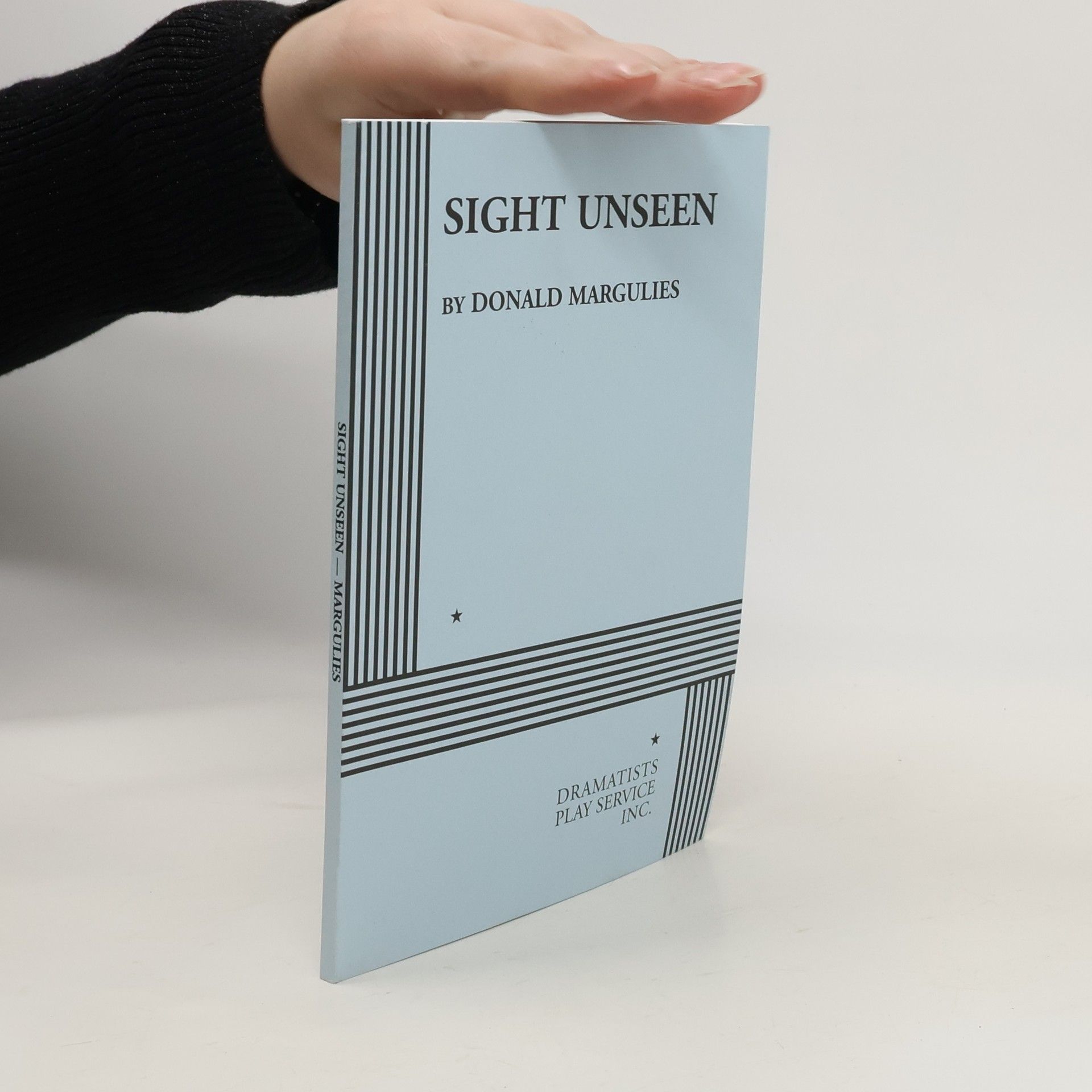Jonathan Waxman is the artist as superstar, plunged into the exorbitant hype of the American art world where a publicist is as necessary as a brush and canvas. Just before his works are celebrated at an exhibition in London, Jonathan journeys to the village where his former lover, Patricia, lives with her British husband, Nick. Archaeologists working on a dig, their spare existence is spent sifting through a Roman rubbish heap to discover the past. In their cold, remote house, Jonathan discovers an early painting of Patricia he'd done when they were young lovers. The subsequent struggle for the painting embodies the unreconciled passions of the past. Patricia has never forgiven Jonathan for leaving her, Nick despises Jonathan and the kind of art he produces, and Jonathan has never been able to recapture the inspiration and purity he felt when he painted Patricia. In taut scenes that dart from past to present and back, the characters are forced to deal with the unanswerable question of anti-Semitism, the legacy of the Holocaust and assimilation, the sadness of lost love, the role of the artist and the location of the human soul at the end of a ragged century.
Donald Margulies Bücher
Donald Margulies ist ein gefeierter Dramatiker, dessen Werke sich oft mit der Komplexität menschlicher Beziehungen und ethischer Dilemmata befassen. Seine Stücke zeichnen sich durch scharfe Beobachtung der menschlichen Natur aus und erforschen Themen wie Verlust, Erinnerung und die Suche nach Identität. Margulies' Stil ist geprägt von seinem realistischen Dialog und tiefen psychologischen Einblicken in seine Charaktere. Seine Drehbücher bieten intime Porträts von gewöhnlichen Menschen, die sich den Herausforderungen des modernen Lebens stellen.
